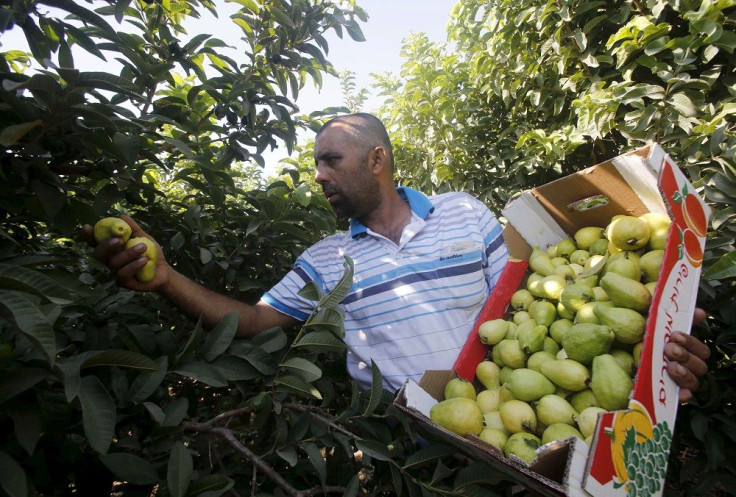Nutritionist says diet rich with red veggies and fruits cuts risk of prostate cancer

There’s another way to reduce the risk of prostate cancer besides frequent orgasms. A nutritionist suggested eating a diet rich in red vegetables and fruits because of the high concentration of lycopene in these produce.
Barbara Quinn, nutritionist at the Community Hospital of the Monterey Peninsula, explains that reddish pigment which gives the red colour to fruits and vegetables is linked to a decline of the prostate-specific antigen (PSA). It is a protein made by cells of the prostate gland.
High levels of PSA has been linked by the National Cancer Institute (NCI) to prostate cancer. But there is now a debate on the need for regular prostate cancer screening because of the potential harm of the test, although the practice, which some medical organisations recommend for men at higher risk of the ailment, also has benefits.
According to the NCI, there is no specific normal or abnormal level of PSA in the blood, but in the past, physicians considered 4.0 ng/mL or lower as normal and men who had a PSA level above that were recommended to have a prostate biopsy. But recent research say that some men with PSA below 4.0 have prostate cancer, while some with higher levels of PSA do not have the cancer.
The Seattle Times reports that while high levels of PSA could indicate inflamed, infected or enlarged prostate gland, it may or may not indicate prostate cancer. More tests, such as biopsy, is required for a diagnosis.
Quinn points out that it is not clear if lycopene is equally effective as protection against prostate cancer if taken as supplement. But when lycopene is cooked with health fat, such as olive oil, the body can absorb it in a better way, according to one theory. Compared to raw tomatoes, when cooked in olive oil, it is a strong source of lycopene. Besides tomatoes, other excellent sources of the red colour are apricots, guavas and watermelons, says Quinn.





















